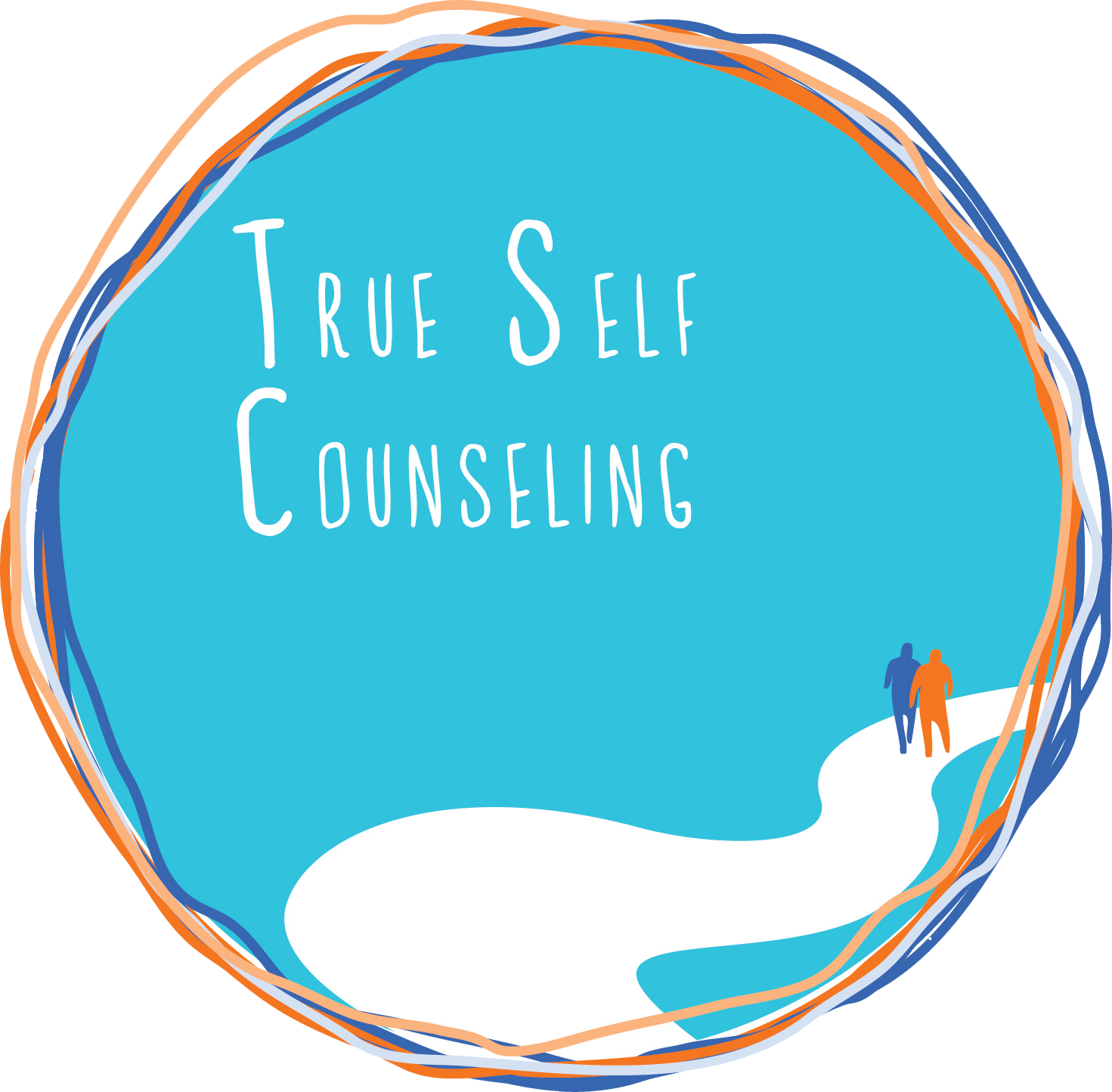
by Molly Pierce | Jan 4, 2013 | Depression
Depression is the most common mental disorder. Most of us have either experienced some level of depression ourselves or know someone who has. Unfortunately, depressed mood tends to be exacerbated in times of stress, such as the busy holiday season. It also increases during those dark, cold, bleak winter months. Have you found yourself experiencing any of the following symptoms lately?
- lack of interest and pleasure in daily activities
- significant weight loss or gain
- insomnia or excessive sleeping
- lack of energy
- inability to concentrate
- feelings of worthlessness
- feelings of excessive guilt
- recurrent thoughts of death or suicide
If so, you may be experiencing your own struggle with depressed mood. According to the National Institute of Mental Health, an estimated 17 million adult Americans suffer from depression during any 1-year period.
The good news is that depression is extremely treatable. You don’t need to suffer needlessly. You can regain a sense of control and pleasure in your life. By working with a qualified professional therapist, you can learn skills to avoid unnecessary pain due to depression. Take the first step toward regaining control of your life today.

by Caleb | Dec 28, 2012 | Depression
Most people realize all of the emotional, mental and social tolls that Depression takes on a person and his or her loved ones. I.e. Extreme feelings of sadness, excessive guilt, isolation, changes in eating patterns, changes in sleeping patterns, and so forth. However, most people fail to realize the physical risks that Depression has on a person’s physical health. The article below does a great job of pointing out the physical risks of Depression in addition to the emotional, mental and social risks. – Molly Pierce, MA, LPC, NCC
Depression Treatment: Your Heart and Mind Depend on It
Author: Dr. Kira Stein, MD and Erin Yates, Bsc
(kirastein.com; westcoasttmsinstitute.com)
You likely know the impact that depression can have on a person mentally. However, it’s important to note that depression takes a physical toll as well, and it’s important for a person suffering from emotional difficulties to realize that seeking treatment is essential for his or her overall health and well-being.
It’s common knowledge that living with major depression has its mental health risks, including suicide, anxiety, fibromyalgia, and difficulties with attention; but these are not the only implications associated with depression. In fact, recent research has shown that depression can be linked with a number of physical conditions, including heart disease, stroke and decreased cognitive functions. And, the more severe the depression symptoms, the higher the risk for these illnesses.
Physical depression risks
When inadequately managed or untreated, the physical toll depression takes can be significant for sufferers. In fact, these individuals can find themselves at a much higher risk of cardiovascular disease or even death, and studies have proven that even people who did not previously have any type of coronary artery disease before suffering from depression had an increased risk of developing the condition after the onset of depressive episodes.
One study looked at patients aged 60 and older diagnosed with high blood pressure, and found that these people had 2-3 times the occurrence of heart failure when they were depressed. In addition, those who had been hospitalized before for heart failure and also suffered from depression had a higher mortality rate three months (7.9 percent) and a year (16.2 percent) after being hospitalized.
There are also alarming numbers when it comes to depression and the risk of stroke. Studies indicate that untreated clinical depression also increases the risk of having an ischemic stroke and of dying from a stroke. Plus, individuals who suffer from chronic depressive symptoms for several years often experience a decline in cognition, even if the individual’s depression is in remission.
Seek Treatment for Depression
Considering these studies, it’s important for individuals suffering from clinical depression to also look at the physical ramifications of leaving their conditions untreated. After all, people commonly take supplements, engage in exercise and start healthy diets to improve their physical health, but don’t realize that they need to take into account their mental health, as well. Thus, if you or a loved one feel that depression has become a problem, you should have that person seek treatment in order to prevent further health problems in the future.
If you feel that you may need treatment for depression risks, help is available to you. Contact us if you feel you would like to look into your depression risks, set up a consultation and explore your options further.
References:
Abramson, J., et al. Depression and risk of heart failure among older persons with isolated systolic hypertension. Arch Intern Med. 2001 Jul 23;161(14):1725-30.
Empana, JP., et al. Clinical depression and risk of out-of-hospital cardiac arrest. Arch Intern Med. 2006 Jan 23;166(2):195-200.
Jiang, W., et al. Relationship of depression to increased risk of mortality and rehospitalization in patients with congestive heart failure. Arch Intern Med. 2001 Aug 13-27;161(15):1849-56.
Mojtabai, R. & Olfson, M. Cognitive deficits and the course of major depression in a cohort of middle-aged and older community-dwelling adults. J Am Geriatr Soc. 2004 Jul;52(7):1060-9.
Pan, A., et al. Depression and risk of stroke morbidity: a meta-analysis and systematic review. JAMA. 2011 Sep 21;306(11):1241-9. Review. Erratum in: JAMA. Dec 21;306(23):2565.


